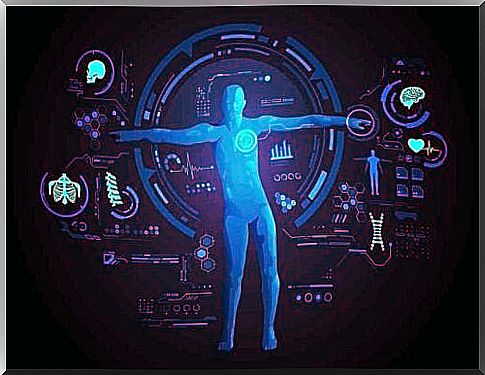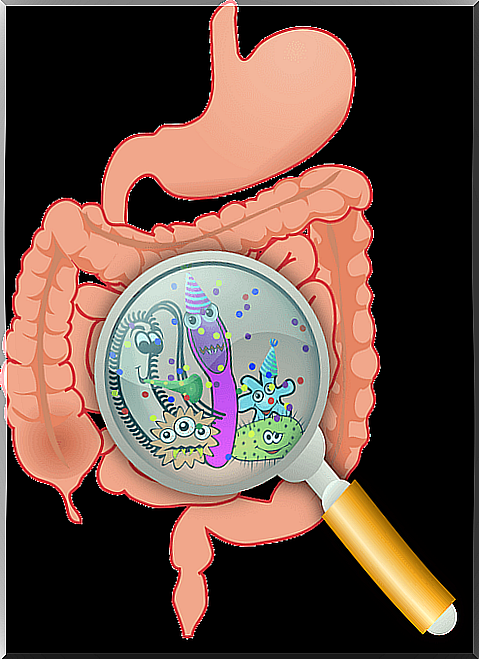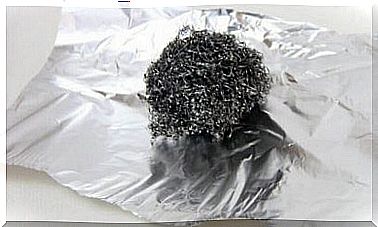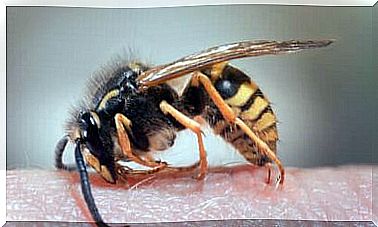Man As A Superorganism

Few people understand that man is basically a superorganism. In fact, we all know that there are living beings inside our bodies – i.a. intestinal microbiota and viruses. These microorganisms come and go, and their concentrations and presence vary over time.
What do we mean by “superorganism” in the first place? Yes, the whole thing is a complex structure, the sum of all the small particles of which it is composed.
Read on for a detailed explanation!
What is a superorganism?
The word superorganism is used in biology and ecology to summarize a way of looking at the nature of society. It is usually applied to animal-generated structures, e.g. in some eusocial insects.
An anthill is e.g. a device in itself because it has some elements in itself, for example:
- A common regulated temperature.
- The tunnels and the generated structures form a skeleton.
- An analogy to a central nervous system: Every signal sent by ants.
In this case, the living beings that inhabit the anthill and the physical space that they occupy constitute a superorganism. As you can see, this concept is a bit vague, but it can be understood well through some examples directly from nature. Yet things get complicated when we try to apply the definition to people.

Are we the sum of all our parts?
We will take as our starting point a study published in the journal Medical Hypotheses to address this complex idea. This study contains several essential ideas for understanding the different constituents of the earth:
- First , bacteria make up more than 50% of the total biomass on the planet.
- On the other hand, humans make up just under 0.1%.
Does it make you dizzy to imagine all the bacteria that are spread all over the globe to generate so much matter? Well, the data is even more incredible when you quantify the presence of microorganisms in your own body:
- According to a BBC interview with Ed Yong, author of the book I Contain Multitudes: The Microbes Within Us and a Grander View of Life , we have about 39 million bacteria stored in our body (about 900 to 1800 grams of our total body weight ) .
- Our microbial populations, both internal and external, make up a total of 10 times more cells than those that make up our body system.
These numbers are impressive to say the least. Let’s take a look at the importance of bacteria with a case study below.
Bacteria and the gastrointestinal tract

The gut perfectly illustrates the clearest example that humans are superorganisms that contain billions of bacteria that perform all sorts of tasks.
The human small intestine is the most populated microbial ecosystem. In fact, it contains most of the bacteria found throughout the body. Our gastrointestinal system is thus a virtual organ that is rarely held back by its own physiological limits :
- Intestinal bacteria allow for a more efficient assimilation of food as they maximize the energy we get from food.
- They can synthesize essential vitamins that we could not generate ourselves.
- In addition, they degrade complex polysaccharides derived from plants.
- This idea alone makes us realize that we are the sum of the living beings that live within us ; at least in part (something as basic as food as we know it today would not be possible without our microbial populations).
Superorganism: A matter of genes
As you can see, we humans do not just contain our own individual genome that we inherited from our parents. The DNA from each of the microorganisms that live with us is also a big part of us. This statement gives rise to the challenge proposed by a newer branch of science called metagenomics.
This discipline is responsible for identifying, understanding and genetically sequencing the bacteria that live in our bodies and enabling us to perform such important functions. Therefore, it is important to get information about these living beings in order to better understand who we are.
As the latter, man can be a superorganism because we are the sum of our physical structures and identity. We must also keep in mind that life as we know it would not be possible without the microbial populations that live within us.









